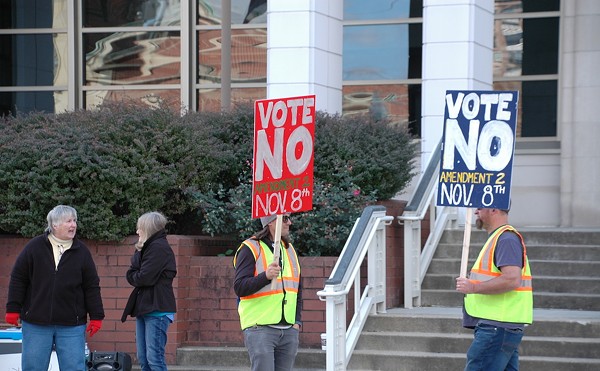Before I saw Questions of the Heart I had in mind some sort of low-budget rip-off of the Broadway smash hit The Book of Mormon. Alien experience has always been fodder for cheap jokes, and what is more alien than a gay Mormon? What Ben Abbott has created with his one-man play, however, is something altogether different. Spoof has been replaced by earnestness.
Abbott is a Mormon. And he is not gay. But having decided on a life in the theatre (an earlier draft of the play was his honors thesis at UC Berkeley), most of his male friends are gay. Living in California at the height of the Proposition 8 controversy, he was torn. While he felt the need to support his gay friends, it was painful for him to see them trash his church.
To reconcile this split within himself, he set off on a project to interview gay Mormons and to work their interviews into a play. He found gay Mormons still in the church; he found those who had left the church, those who had left and returned to it and those who had left but longed to return to it. The iterations were almost as numerous as the individuals he interviewed. If there is one unifying force, perhaps it is their abiding love for the church.
Abbott addresses the audience as himself, in a brown polyester suit, white shirt and conservative tie. He picks out his tie among a collection of six or eight that are equally drab. (You’ve seen the collection, the ties that don’t sell at the thrift store.) Early on when he tells the audience the play will not be about his own experience being gay, we have no reason to doubt him: he’s wearing his bona fides.
Parts of the play are the actual tapes from interviews. But usually after a minute or so of listening to the interviewee’s voice, Abbott assumes the part. Many of the stories are heartbreaking, but there is also some humor.
A secret group of gay Mormons enrolled at Brigham Young, calling themselves “The Evergreen,” hit on the notion that if they’d only participated in sports growing up, they might not have turned gay. As therapy, they decided to take up basketball. To safeguard their identities and mission, they hit the courts at six o’clock every morning. They were so determined that sometimes they would play for three hours before someone would finally make a basket. Three or four from the group later committed suicide.
Joseph Smith, the founder of the church, came to the religion through visions as a 14-year-old boy. Abbott thinks of his own 14-year-old self, raging with hormones.
One lesbian Abbott interviewed spoke of the power of the church’s mythology: the strange particulars that come with a religion founded on visions, prayer and one’s personal relationship with God. Abbott sees a possibility of this particular alchemy setting the church in motion on this issue.
The question of gay sexuality and the church is not an easy one for Abbott. Even after his massive project, beyond prayer, he sees no clear path.
PERFORMANCE SCHEDULE: 9 p.m. Thursday and 8:45 p.m. Saturday at Art Academy Commons. Find more of CityBeat's ongoing 2013 Cincy Fringe Festival coverage, including performance reviews, commentary and venue details, here.





